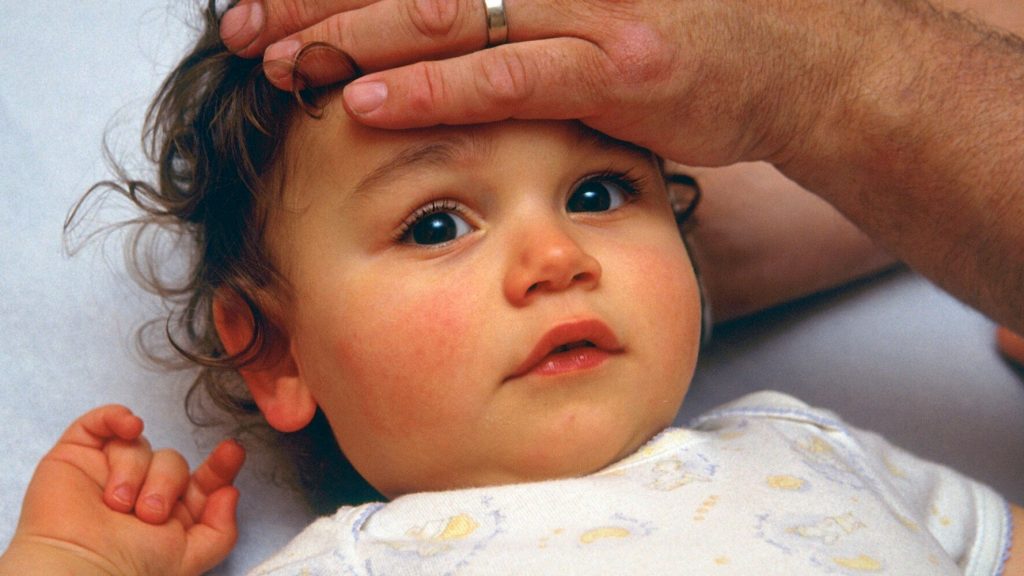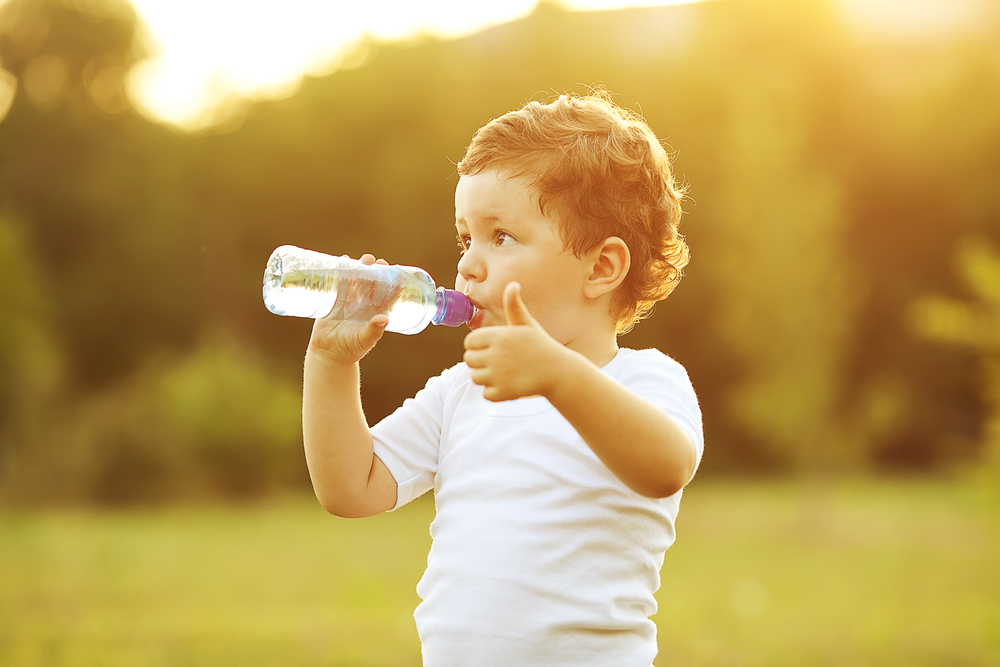Diarrhea in children and what need to be worried about?
Diarrhea is characterized by frequent soft or loose bowel movements (poop). Most children experience diarrhea from time to time. It usually does not last long and usually resolves on its own, but in children, the period when they have diarrhea is critical because they may be losing too much water, which can lead to other health problems.
Among the dehydration symptoms that parents and/or caregivers should look for in children who have diarrhea are:
- Seems drowsy
- Breathes quickly
- Has few or no tears when they cry
- Has a soft spot on their head that sinks inwards (sunken fontanelle)
- Has a dry mouth
- Has dark yellow pee or has not had a pee in the last 6 hours (for baby) and 12 hours (for child)
- Hands and feet that appear cold and blotchy

Diarrhea is usually caused by an infection, such as rotavirus, bacteria like salmonella, or a parasite like giardia. Aside from dehydration symptoms, it also includes vomiting, stomachache, headache, and fever.
It is also critical to seek medical attention right away if your child or baby exhibits any of the following symptoms:
- A fever of 38°C or higher.
- Diarrhea lasting more than 24 hours.
- Has more than four diarrhea stools in eight hours and isn't drinking enough.
- Bloody or pustular stools
It is best to prevent fluid loss when treating diarrhea in children or adults, whether in a clinical setting or at home.

Here are some tips that parents and/or caregivers can use to prevent fluid loss at home:
- Provide more fluids and encourage your child to drink more. Infants and children should be given extra breast milk or oral rehydration solution (ORS). Plain water lacks minerals like sodium and potassium, both of which can help with diarrhea. Fruit juice and carbonated drinks are not recommended because they cause stomach ache/ cramps and increase fluid loss (the later). Children with severe diarrhea, vomiting, and dehydration may require intravenous fluids (via a vein in the arm) in the hospital.
- It is also critical to begin providing a consistent diet for the children. Encourage them to eat small amounts of food frequently, even if they don't have an appetite. Breastfed babies can continue to nurse normally, and formula-fed babies can eat normally as well. Smaller, more frequent meals are once again encouraged. Water-rich foods, such as watermelon, are also encouraged.
In conclusion, diarrhea in children can be very serious and is quite common; some of the practices that parents may employ when dealing with children who frequently experience diarrhea include ensuring that their children's and caregiver's hygiene is always maintained. Ensure that food is stored at the proper temperature, particularly dairy and raw food products; that food is fully cooked; and that the home environment is clean, especially if there is a pet in the same household. Aside from these, taking probiotic supplements is beneficial to their gut health.
References
- American College of Gastroenterology. Diarrhea in children. https://gi.org/topics/diarrhea-in-children/ (Accessed on April 1, 2021).
- National Collaborating Centre for Women’s and Children’s Health (UK). Diarrhoea and Vomiting Caused by Gastroenteritis: Diagnosis, Assessment and Management in Children Younger than 5 Years. London: RCOG Press; 2009 Apr. (NICE Clinical Guidelines, No. 84.) 5, Fluid management.Available from: https://www.ncbi.nlm.nih.gov/books/NBK63837/
- National Institute of Health (NIH). National Institute of Diabetes, Digestive, and Kidney Disease (NIDDK). Symptoms and causes of chronic diarrhea in children. https://www.niddk.nih.gov/health-information/digestive-diseases/chronic-diarrhea-children/symptoms-causes (Accessed on April 1, 2021).
- National Health Service (NHS) U. Dehydration. https://www.nhs.uk/conditions/dehydration/ (Accessed on April 1, 2021).
- Diarrhea in Children. https://www.webmd.com/children/guide/diarrhea-treatment (Accessed on April 1, 2021).




